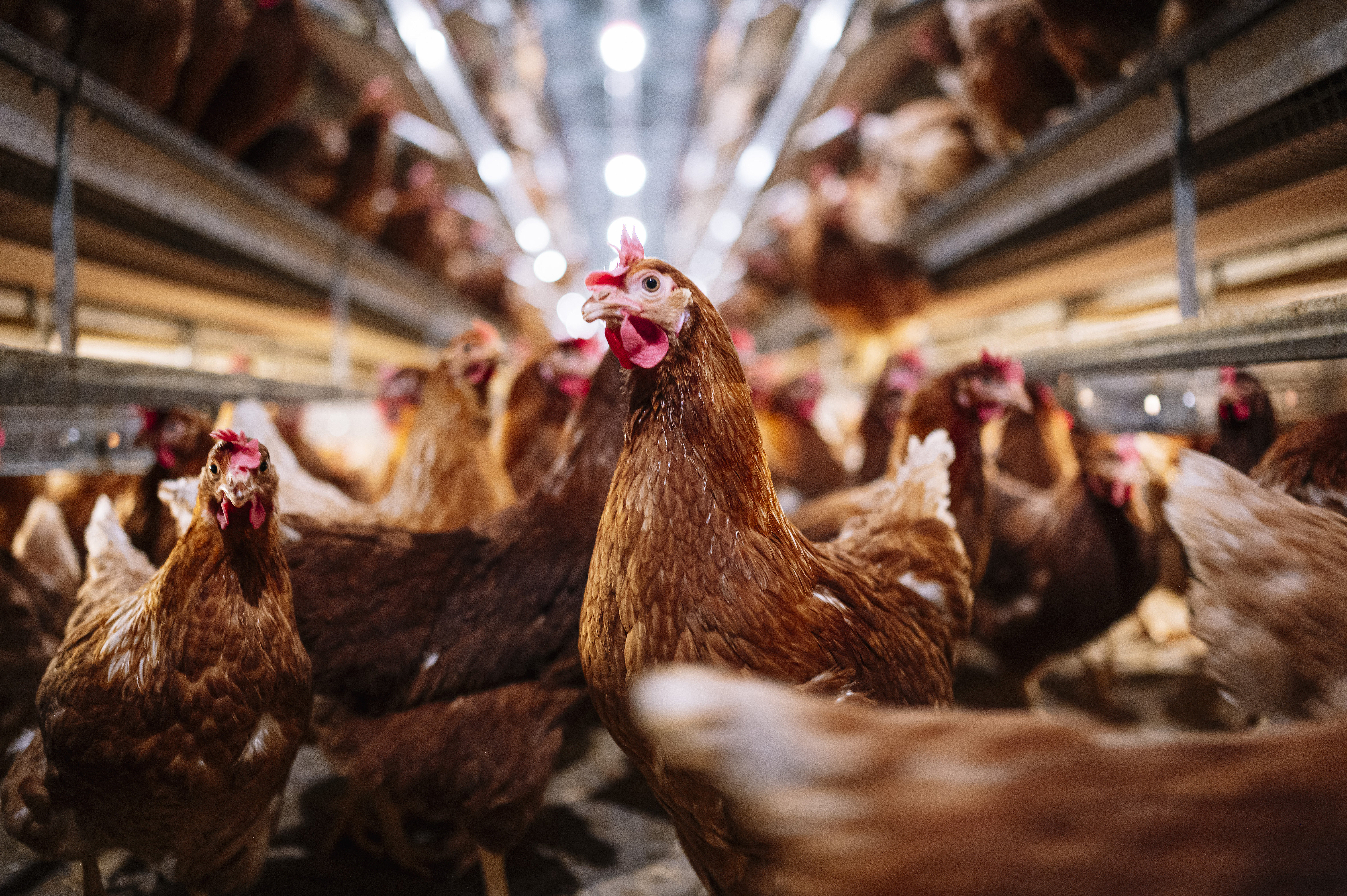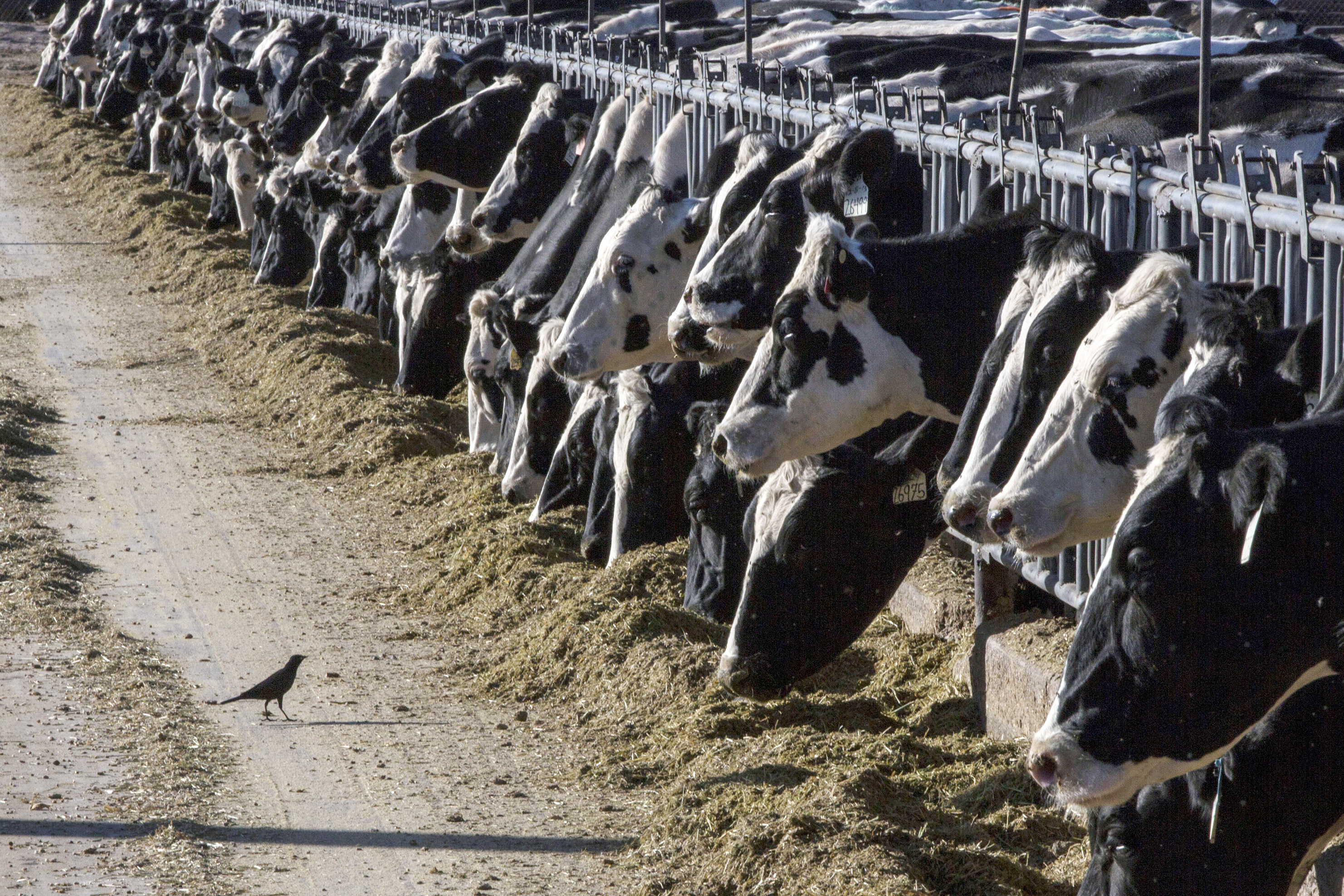A poultry facility in Michigan and egg producer in Texas both reported outbreaks of avian flu this week. The latest developments on the virus also include infected dairy cows and the first known instance of a human catching bird flu from a mammal.
Although health officials say the risk to the public remains low, there is rising concern, emerging in part from news that the largest producer of fresh eggs in the U.S. reported an outbreak.
WATCH ANYTIME FOR FREE
>Stream NBC10 Boston news for free, 24/7, wherever you are. |
Here are some key things to know about the disease.
What are experts saying?
Get updates on what's happening in Boston to your inbox. Sign up for our >News Headlines newsletter.
Dr. Mandy Cohen, the director of the Centers for Disease Control and Prevention, told The Associated Press on Wednesday that the agency is taking bird flu seriously, but stressed that the virus has already been well studied.
“The fact that it is in cattle now definitely raises our concern level,” Cohen said, noting that it means farmworkers who work with cattle — and not just those working with birds — may need to take precautions.
The good news is that “it’s not a new strain of the virus,” Cohen added. “This is known to us and we’ve been studying it, and frankly, we’ve been preparing for avian flu for 20 years.”
US & World
What is bird flu?
Some flu viruses mainly affect people, but others chiefly occur in animals. Avian viruses spread naturally in wild aquatic birds like ducks and geese, and then to chickens and other domesticated poultry.
The bird flu virus drawing attention today — Type A H5N1 — was first identified in 1959. Like other viruses, it has evolved over time, spawning newer versions of itself.
Since 2020, the virus has been spreading among more animal species — including dogs, cats, skunks, bears and even seals and porpoises — in scores of countries.
In the U.S., this version of the bird flu has been detected in wild birds in every state, as well as commercial poultry operations and backyard flocks. Nationwide, tens of millions of chickens have died from the virus or been killed to stop outbreaks from spreading.
Last week, U.S. officials said it had been found in livestock. As of Tuesday, it had been discovered in dairy herds in five states — Idaho, Kansas, Michigan, New Mexico and Texas — according to the U.S. Department of Agriculture.
How often do people get bird flu?
This bird flu was first identified as a threat to people during a 1997 outbreak in Hong Kong. In the past two decades, nearly 900 people have been diagnosed globally with bird flu and more than 460 people have died, according to the World Health Organization.
There have been only two cases in the U.S., and neither were fatal.
In 2022, a prison inmate in a work program caught it while killing infected birds at a poultry farm in Montrose County, Colorado. His only symptom was fatigue, and he recovered.
This week, Texas health officials announced that a person who had been in contact with cows had been diagnosed with bird flu. Their only reported symptom was eye redness.
What are the symptoms of bird flu?
Symptoms are similar to that of other flus, including cough, body aches and fever. Some people don’t have noticeable symptoms, but others develop severe, life-threatening pneumonia.
Can it spread between people?
The vast majority of infected people have gotten it directly from birds, but scientists are on guard for any sign of spread among people.
There have been a few instances when that apparently happened — most recently in 2007 in Asia. In each cluster, it spread within families from a sick person in the home.
U.S. health officials have stressed that the current public health risk is low and that there is no sign that bird flu is spreading person to person.
Associated Press reporters Jonathan Poet in Philadelphia and Mike Stobbe and videojournalist Sharon Johnson in Atlanta contributed to this report.



